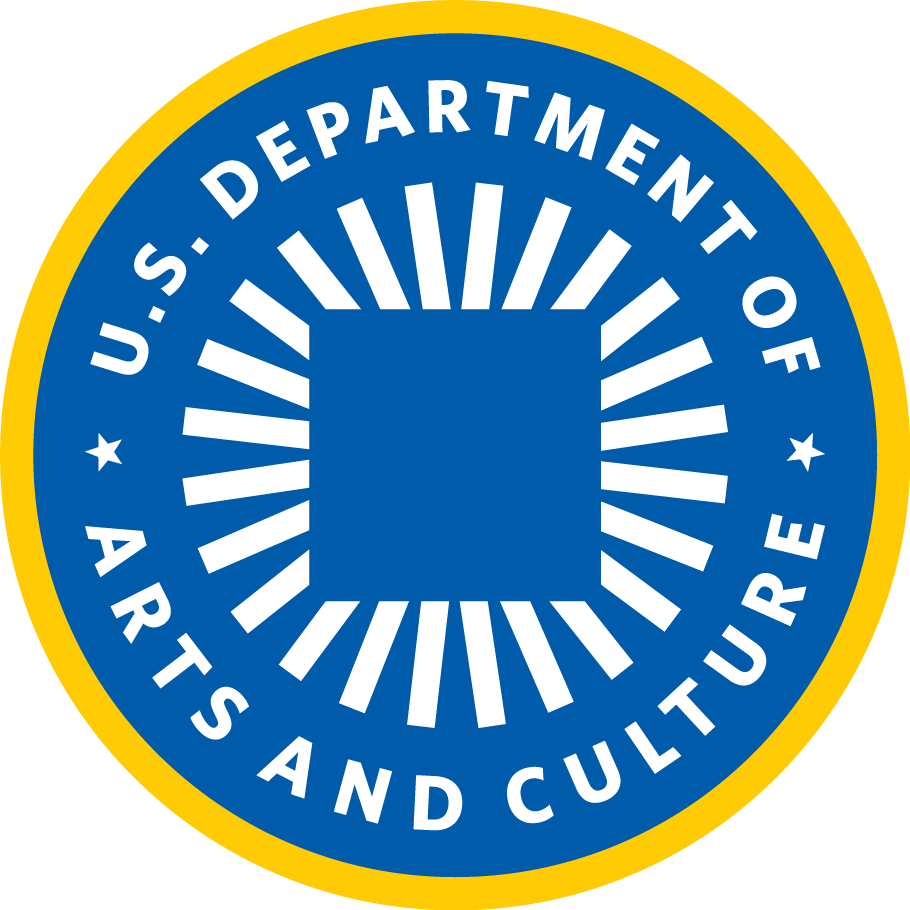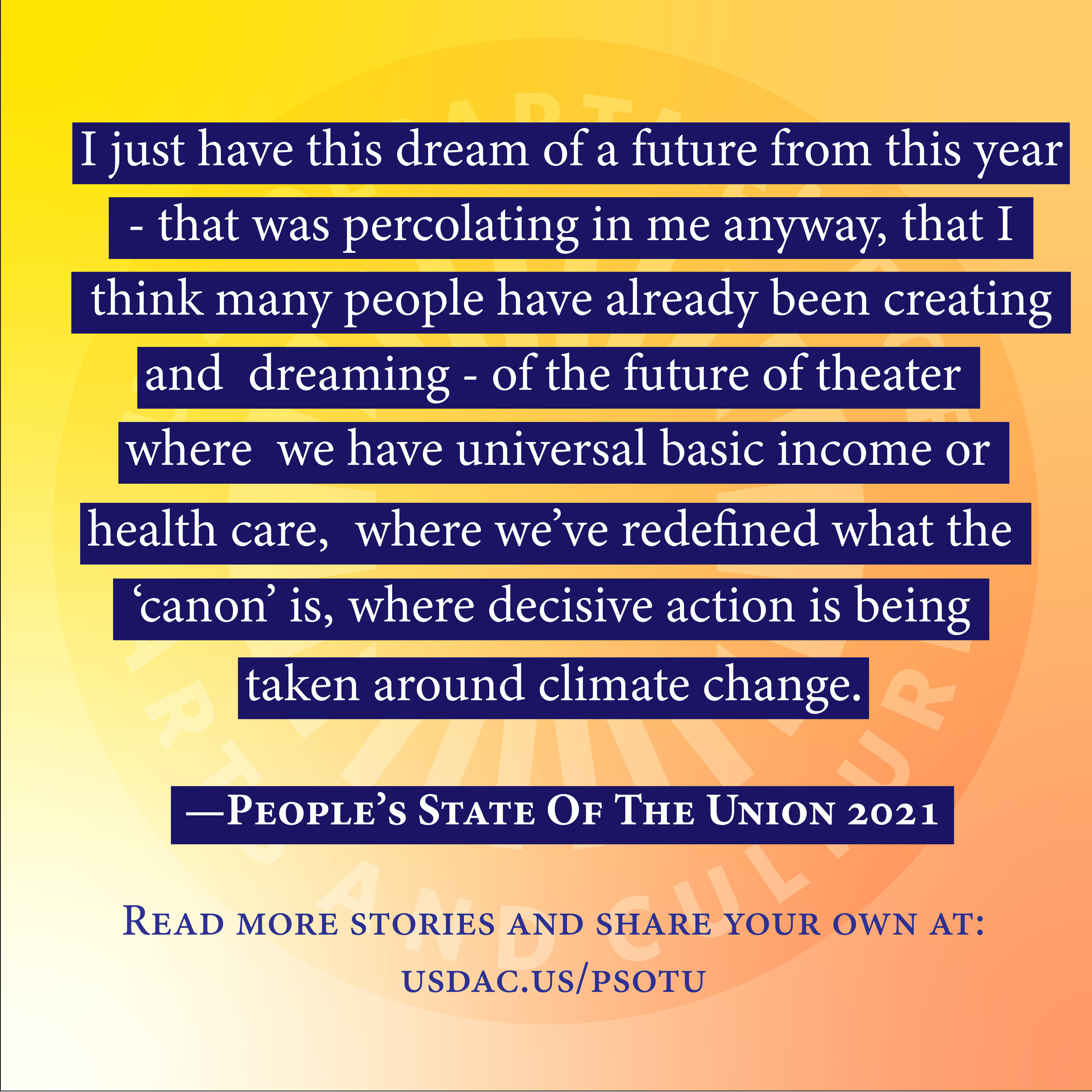Sarah Machiko Haber
Brooklyn NY
I feel like I'm going to answer in a mishmash but mostly this is about the last prompt, about the future that we envision. I'm also going to point out that I didn't really have a story coming into this moment, and I’m still not really sure this is a story, but one of my backgrounds is Quaker and so I just sort of trusted that the message for this moment would come out of the silence. And it did, some pieces I thought were separate are actually connected.
So I'm just going to share that – I mean it's not a surprise, we all found this year to be incredibly tough, we're still in it. And that, for me, alongside the frustration and the sadness and incredible waste of human life that has happened this year, I have also found so many moments of hope and connection. And hope for the future, because something really broke this year. Or, not broke – it was already broken and I think more people woke up to the fact that things were broken and not working for so many. And I just have this dream of a future from this year - that was percolating in me anyway, that I think many people have already been creating and dreaming - of the future of theater where we have universal basic income or health care, where we’ve redefined what the ‘canon’ is, where decisive action is being taken around climate change. A future of systemic changes that create a more equitable field. Changes that mean anyone can be an artist, regardless of income level, education, race, etc. Systemic changes mean you don’t have to worry about making rent or if you can afford to eat, you can just be an artist, and being an artist is enough to support you. I’m in theatre, I think for the same reason so many other people are, because I really believe in the power of a story to change hearts and minds, to make change in the world, to help us question the ways things are and dream about the way they could be. And theatre does that, but it could do so much more if in turn we took better care of our artists, of people. We can’t value the art and not value the people who make it.
And the other piece of this is that, and some of you know this already, I have been folding paper cranes during meetings in order to help me focus. Everybody's focus has been totally shot, and this has become my coping mechanism, recently, to fold paper cranes. It’s allowed me to actually listen to what people are saying, instead of thinking about the next thing I have to do. The thing that came to me, as I was folding a paper crane during this meeting and listening to all your stories and thinking about the future - cranes and paper cranes are really symbolic in Japanese culture, right? I think that the story of Sadako folding 1,000 paper cranes is pretty well known, but the gist is that she folded 1,000 paper cranes so that the gods would grant her wish of healing from illness.
And the realization that I had is that as I'm folding paper cranes in the meetings that we’re having – really what we're talking about is the future of theater and our hopes for the field. How the field can heal from this pandemic and how TCG can become an anti-racist organization. And those discussions and thoughts are kind of getting folded into the cranes that I'm making. And I don't know if I'll have a 1,000 by the time we’re back in person, whenever that is, but maybe I'll bring them to the office and they can live there, in the lobby, and just be a reminder of all the conversations we had about turning our wishes and hopes for theatre into actions.


